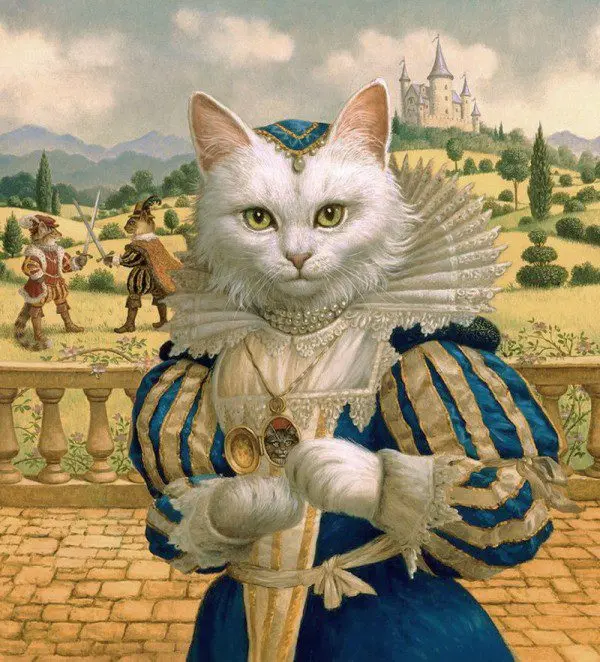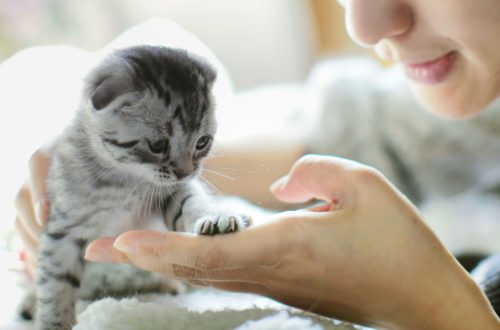
Cat legends
Contents
Legends of the Slavs
The Slavs have a close connection between these animals and brownies. They could turn into cats or talk to them. It was also believed that brownies adore milk, which cats willingly give them, because they love mice more.
In the Pushkin poem “Ruslan and Lyudmila” there is a “scientist cat”, he tells fairy tales and sings songs. In real Slavic legends, this character named Kot Bayun looked somewhat different. It was a monstrous animal that sat on an iron pole and lured heroes with its tales and fables. And when they, after listening to his stories, fell asleep, the cat devoured them. However, Bayun could be tamed, and then he became a friend and even a healer – his fairy tales had a healing effect.
In the works of Pavel Bazhov, many Ural legends have been preserved, among which there are stories about the Earthen Cat. It was believed that she lives underground and from time to time exposes her bright red, fire-like ears to the surface. Where these ears saw, there, then, a treasure is buried. Scientists believe that the legend arose under the influence of sulphurous lights that break out of the mountain voids.
The Icelanders have long known the Yule cat. He lives with a terrible cannibal witch who kidnaps children. It was believed that the Yule cat devours anyone who during Yule (Icelandic Christmas time) did not have time to get woolen clothes. In fact, the Icelanders invented this legend specifically for their children in order to force them to help them in caring for sheep, the wool from which was at that time the main source of income for the Icelanders.
In the Elder Edda, it is said that cats were sacred animals to Freya, one of the main Scandinavian goddesses. Two cats were harnessed to her heavenly chariot, in which she loved to ride. These cats were big, fluffy, had tassels on their ears and looked like lynxes. It is believed that Norwegian forest cats, the national treasure of this country, originated from them.
Cats in the Land of the Pyramids
In ancient Egypt, these animals were surrounded by religious honor. The sacred city of Bubastis was dedicated to them, in which there were many cat statues. And the goddess Bastet, who had a complex and unpredictable character, was considered the patron saint of cats. Bastet was the patroness of women, the goddess of fertility, an assistant in childbirth. Another divine cat belonged to the supreme god Ra and helped him fight the terrible serpent Apep.
Such a strong reverence for cats in Egypt was not an accident. After all, these animals rid the barns of mice and snakes, preventing the threat of hunger. In arid Egypt, cats were a real life saver. It is known that cats were first tamed not in Egypt, but in more eastern regions, but Egypt was the first country in which these animals achieved such great popularity.
Jewish legends
Jews in ancient times rarely dealt with cats, so there were no legends about them for a long time. However, the Sephardim (Jews of Spain and Portugal) have stories that Lilith, the first wife of Adam, turned into a cat. It was a monster that attacked babies and drank their blood.





